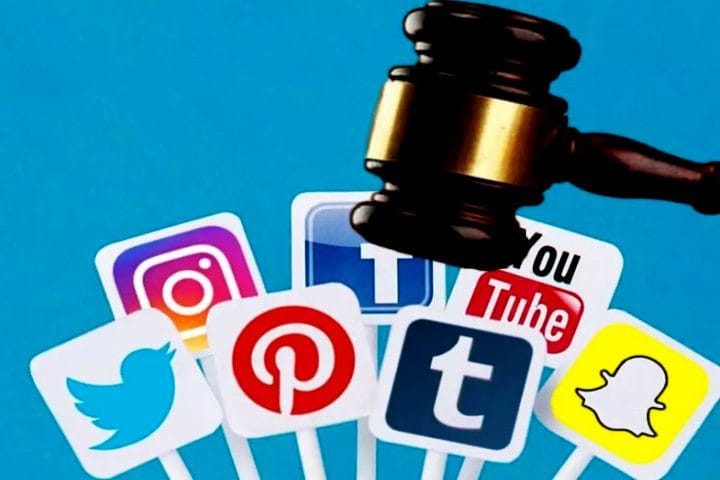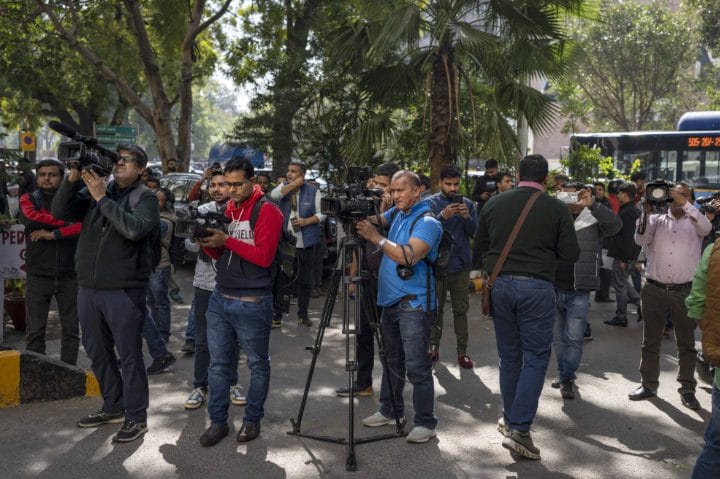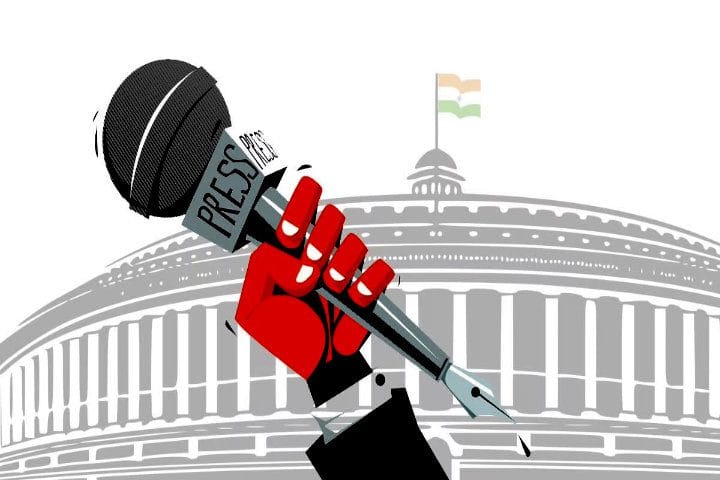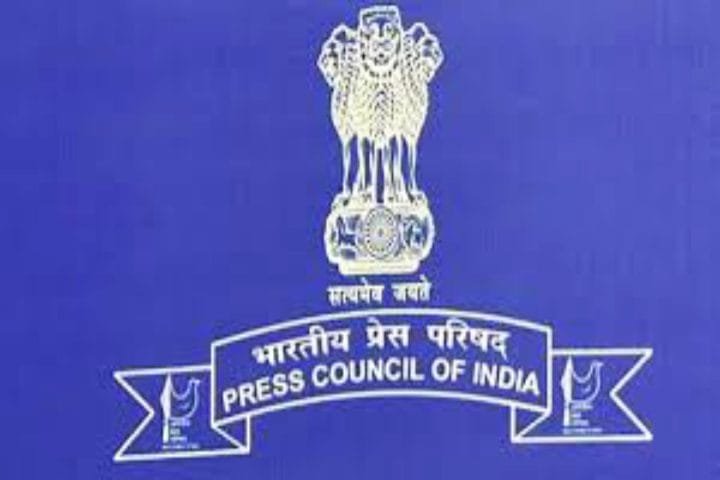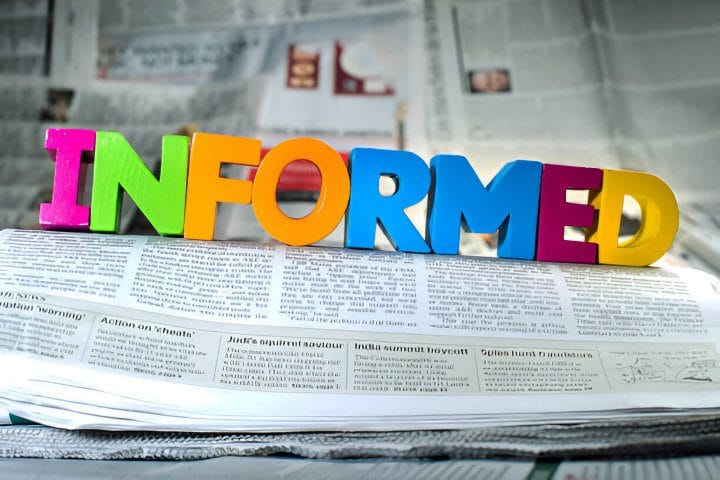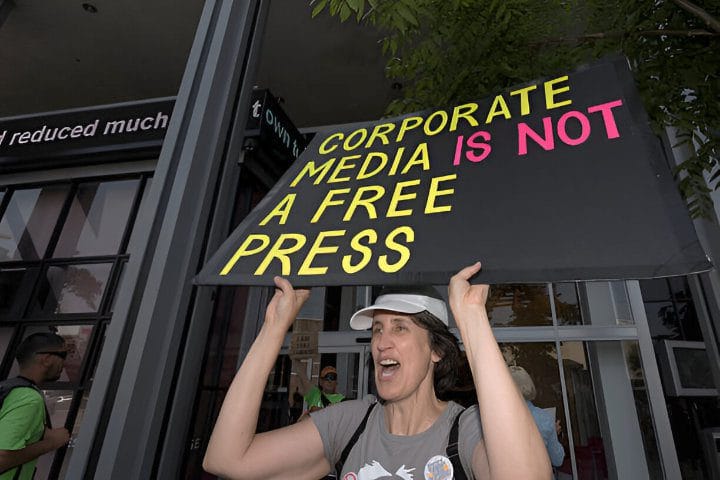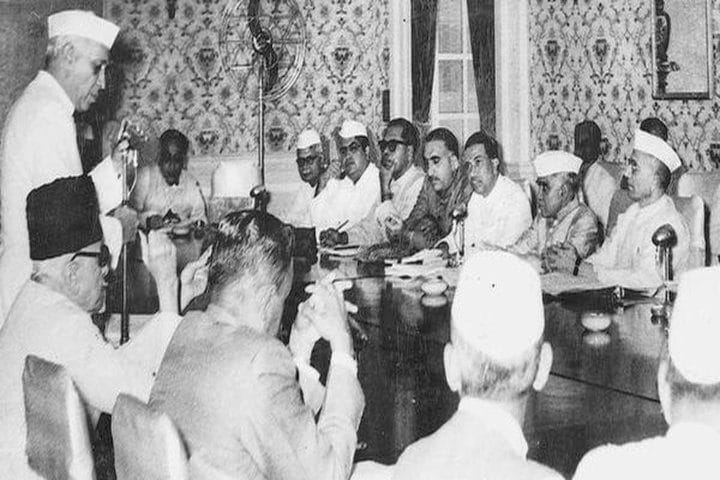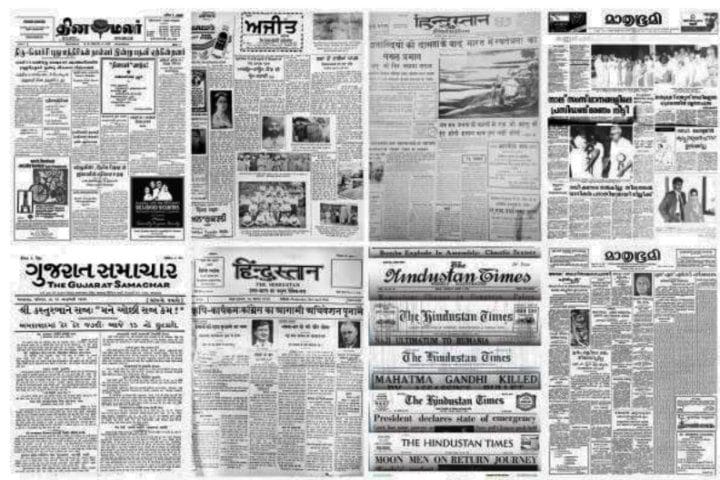Powerful Steps to Master the Process of Communication in 2025
Process of Communication | Concept The word communication is drawn from the Latin word communis, which means communication. Communication is, therefore, a dynamic process of action and interaction through the sharing or exchange of ideas, information, knowledge, attitudes, or feelings among two or more persons through certain signs and symbols toward a desired goal in order to […]
Powerful Steps to Master the Process of Communication in 2025 Read More »

